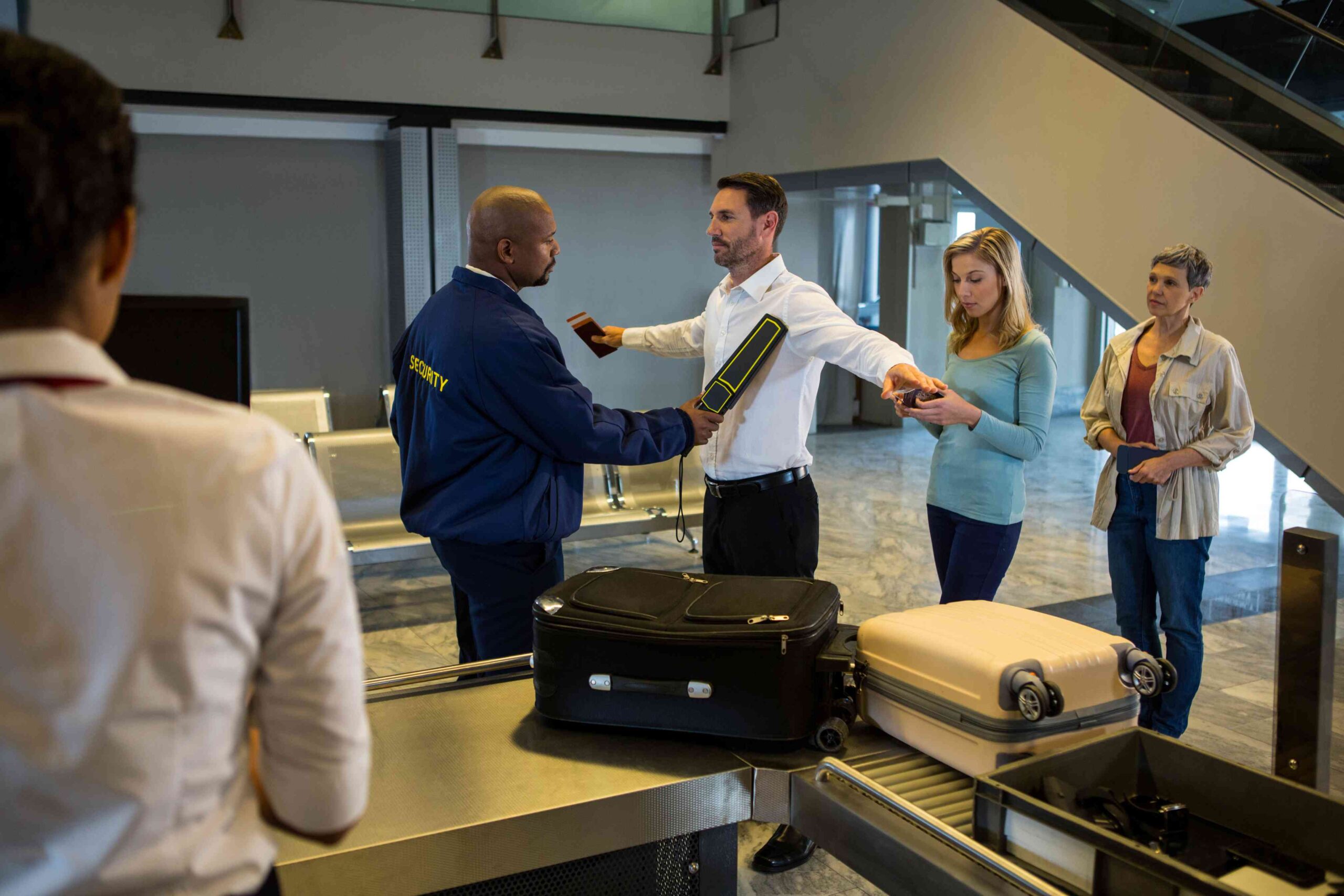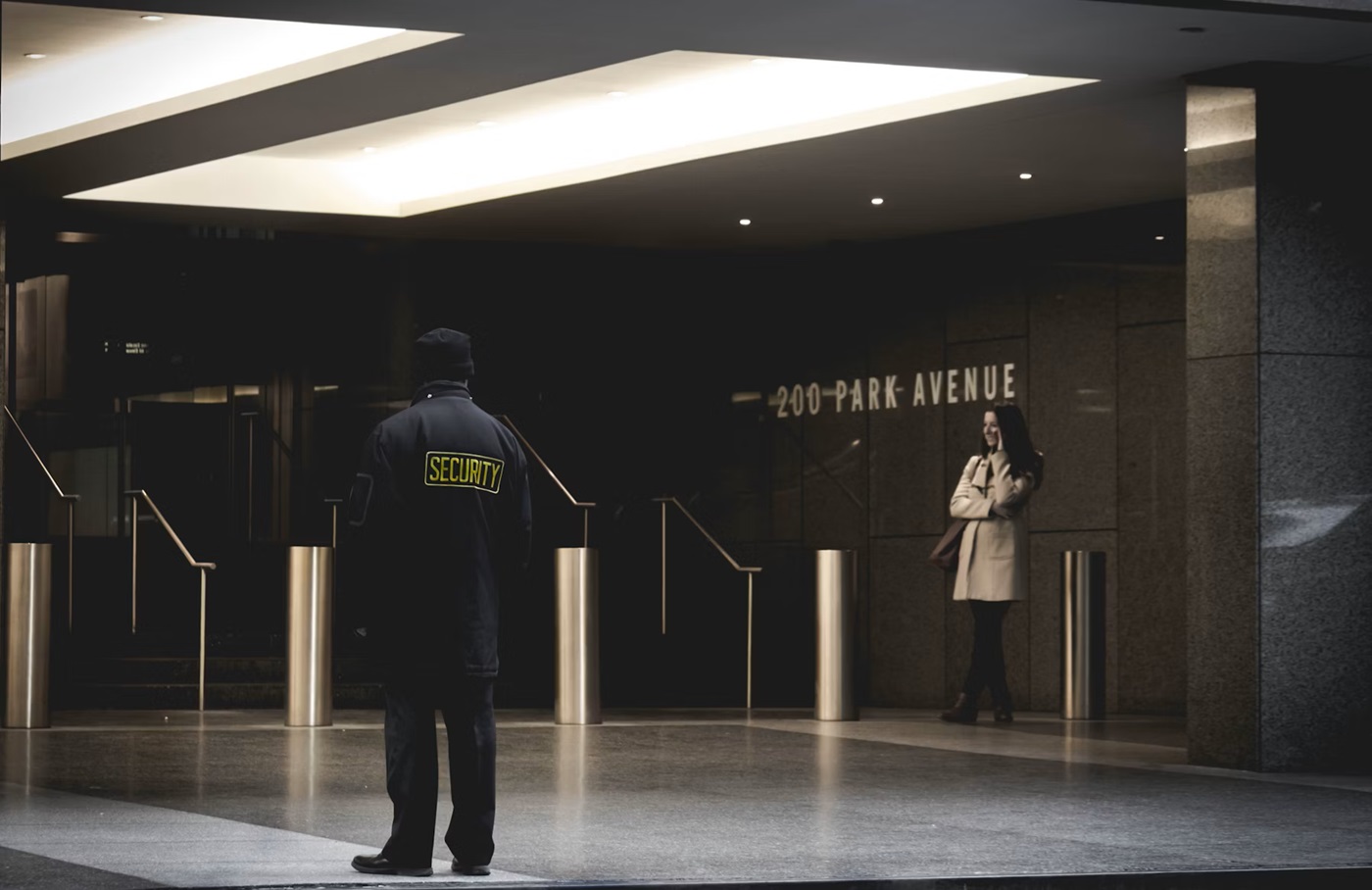Residential communities encompass a diverse array of properties, ranging from gated neighborhoods and apartment complexes to condominiums and townhouses. Ensuring the safety and security of residents within these communities is paramount, making mobile patrol security a vital component of comprehensive security strategies. In this discussion, we explore tailored approaches and best practices for implementing mobile patrol security in residential communities, emphasizing proactive measures, community engagement, and customized solutions.
1. Comprehensive Security Assessments:
Before implementing mobile patrol security in residential communities, conducting comprehensive security assessments is essential to identify vulnerabilities, assess risks, and tailor security measures to the specific needs of the community. Security professionals evaluate factors such as access points, perimeter security, lighting, landscaping, and existing security infrastructure to determine the strengths and weaknesses of the security posture. By conducting thorough security assessments, security providers can develop targeted strategies and allocate resources effectively to address security concerns and enhance overall safety.
2. Customized Patrol Routes and Schedules:
Residential communities often have unique layouts, amenities, and security requirements that necessitate customized patrol routes and schedules. Security managers collaborate with community stakeholders to develop patrol routes that provide comprehensive coverage of the property, including residential streets, common areas, recreational facilities, and entry points. Patrol schedules are tailored to align with peak activity periods, such as evenings, weekends, and holidays, when security risks may be heightened. By customizing patrol routes and schedules, security providers optimize security coverage, maximize visibility, and ensure timely response to security incidents within the community.
3. High-Visibility Patrols:
High-visibility patrols are integral to mobile patrol security in residential communities, serving as a visible deterrent against criminal activities and enhancing overall security awareness. Patrol vehicles equipped with flashing lights, reflective decals, and community branding patrol residential streets, parking areas, and common spaces regularly to maintain a visible presence. The conspicuous presence of mobile patrol guards instills confidence in residents, deters potential intruders, and fosters a sense of safety and security within the community. By prioritizing high-visibility patrols, security providers reinforce their commitment to protecting residents and deterring criminal behavior effectively.
4. Proactive Surveillance and Monitoring:
Mobile patrol security Melbourne in residential communities extends beyond deterrence to proactive surveillance and monitoring of potential security threats. Security guards utilize surveillance technology, such as CCTV cameras, motion sensors, and remote monitoring systems, to conduct real-time monitoring of common areas, entry points, and perimeter boundaries. Patrol guards are trained to identify suspicious activities, unauthorized access attempts, or safety hazards and respond promptly to mitigate risks. Proactive surveillance and monitoring enable security teams to detect security breaches early, prevent incidents from escalating, and maintain a safe and secure environment for residents.
5. Access Control and Visitor Management of Mobile Patrol Security:
Access control and visitor management are critical components of mobile patrol security in residential communities, ensuring that only authorized individuals are granted entry and that visitor activities are monitored and regulated effectively. Security guards stationed at entry gates or access points verify the credentials of residents, guests, and service providers, enforcing community access policies and procedures. Patrol guards conduct regular patrols of perimeter fences, gates, and entry points to detect and deter unauthorized entry attempts. By implementing robust access control measures, residential communities mitigate the risk of intrusions, theft, vandalism, and other security incidents.
6. Community Engagement and Communication:
Effective communication and engagement with residents are essential for building trust, promoting security awareness, and fostering a sense of community within residential neighborhoods. Mobile patrol security Melbourne guards engage with residents during patrols, addressing inquiries, providing assistance, and disseminating information about security procedures, community events, and safety tips. Community meetings, newsletters, and digital communication channels are utilized to keep residents informed about security updates, crime prevention tips, and neighborhood watch initiatives. By fostering open communication and collaboration, mobile patrol security providers empower residents to take an active role in enhancing security and maintaining a safe living environment.
7. Emergency Preparedness and Response:
Mobile patrol security in residential communities must be equipped to respond effectively to emergencies, including medical incidents, fires, natural disasters, and security threats. Security guards undergo specialized training in emergency response procedures, first aid, CPR, and crisis management to handle various scenarios effectively. Patrol vehicles are equipped with emergency response kits, communication devices, and emergency contact information to facilitate rapid response and coordination with emergency services. Community-wide emergency drills, evacuation plans, and communication protocols are established to ensure that residents are prepared to respond to emergencies promptly and safely. By prioritizing emergency preparedness and response, mobile patrol security providers enhance the resilience and safety of residential communities.
Conclusion:
Mobile patrol security plays a vital role in safeguarding residents, properties, and assets within residential communities by implementing tailored approaches, best practices, and proactive security measures. Comprehensive security assessments, customized patrol routes, high-visibility patrols, proactive surveillance, access control measures, community engagement, and emergency preparedness are essential elements of effective mobile patrol security Melbourne in residential settings. By partnering with experienced security providers and adopting a proactive and community-oriented approach to security, residential communities can create a safe and secure living environment that enhances the quality of life for residents.




